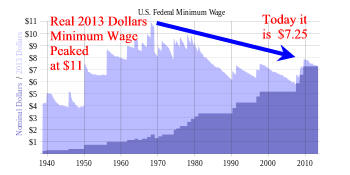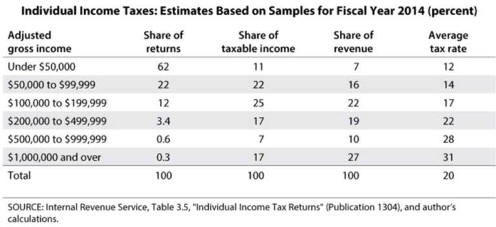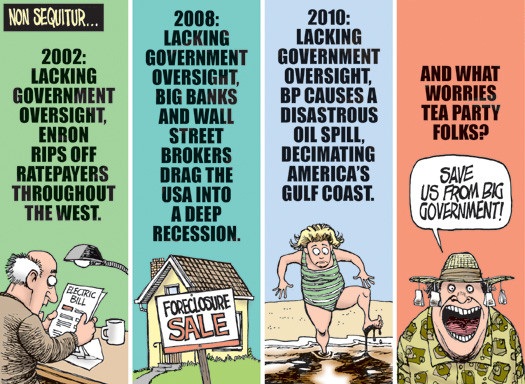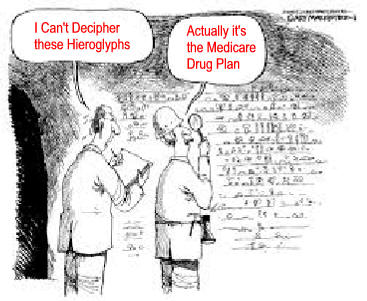|
 Hoover had trouble helping during the Great Depression.
Tension increased when the U.S. Senate refused to agree with the House
which had and move
up the payment of a WWI veteran bonus. There was much distress from high unemployment. A
1932
Army of U.S, Veterans
march on Washington for their bonuses.
Shacks that members of the
Bonus Army erected on the Anacostia Flats burned
after Hoover had trouble helping during the Great Depression.
Tension increased when the U.S. Senate refused to agree with the House
which had and move
up the payment of a WWI veteran bonus. There was much distress from high unemployment. A
1932
Army of U.S, Veterans
march on Washington for their bonuses.
Shacks that members of the
Bonus Army erected on the Anacostia Flats burned
after
the Vets confrontation
the military.
Trouble resulted. Over the years many have marched,
some have died. FDR would bring change. Members of the Bonus Army camped out on the lawn of the
Capitol
building in mid 1932.
Liberals around the world
said socialism was the economic answer to depression. The
Share the Wealth movement was founded by Louisiana Governor
Huey Long
was one of many liberal social activists
seeking political power throughout the U.S. and Western Europe. He would
later be assassinated.These activities would be countered
by conservative banker and business leader oligarchs who backed Herbert
Hoover’s use of laissez fair
Classical economic policy.
 Hoover's
first policy mistake was to follow the Republican party against his own
beliefs of those of many economists. Signed the
Smoot-Hawley
Tariff Act caused many countries soon followed and the resulting decrease
in world trade hurt everyone. Hoover's
first policy mistake was to follow the Republican party against his own
beliefs of those of many economists. Signed the
Smoot-Hawley
Tariff Act caused many countries soon followed and the resulting decrease
in world trade hurt everyone.
Willis
C. Hawley (left) and
Reed
Smoot in April 1929,
shortly before the Smoot-Hawley Tariff Act passed
the House of Representatives.
The Federal Reserve tried to
maintain the Gold Standard with two discount rates increase of 1 point each.
Then there was the
Revenue Act of 1932 which dramatically increased federal taxes. Both
were right out of the Classical Economics toolbox. So was the $200,000,000
U.S. bank loans to keep Britan on the Gold Standard. All efforts failed.
Britain
went off the Gold Standard first followed the U.S. in 1933. The economy
hit bottom in 1933 and spending printed money was the only way out of deflation which made
existing loans more expensive in real terms and also made business less apt to
borrow.
|
|
Hover lost
the
1932 election. as FDR promised to use liberal Keynesian economic
government action to solve the continuing economic recession.
 A 1936
impoverished
American family living in
a shanty. click to enlarge
His New Deal
employment programs would be the first time U.S. government would use massive debt
to solve a major non-military problem. Like the war debt from WWI and
following wars, the debt would not be paid back. As debt was retired the
funds came from new debt. Inflation and economic growth would ease the pain
of interest
payments. Major legislation included the
Social Security Act which covered Old-Age, Survivors, & Disability Insurance,
the
Fair Labor Standards Act/1938 which set maximum work hours and minimum wages,
the
Agricultural Adjustment Act/1938 which provided fair price for farmers, and
the
Prohibition
Discriminatory Employment related to federal employment .The
Wagner
Act
along with other pro labor reforms were also passed.
Conservative fought
back using a conservative Supreme Court which declared some New Deal
legislation illegal. The battle over
Keynesian vs. Classical Economics continues today. Many
conservatives do not mind government action and debt for military problems but
disagree with Liberals who want to use debt to solve economic problems. Both
oligarchies to date have not believed that cost effectiveness applies to
their perceived
governmental responsibilities.
Politicians from both political parties act unhappy despite
benefiting from an electorate that lives much better because of massive federal annual
deficits. Also helping voters is the economic benefits of an annual balance of payments deficit
amounting to $1,700 per person. The later represents cheap goods from abroad.
Dollars accumulate and eventually return to the U.S. in the form of
public and private US financial instruments, US travel and fixed
assets.
Voters let politicians buy their vote with these debts disliking all members
of Congress but their own! After Germany invaded
Poland starting World War II President Roosevelt asks
the Congress for a defense budget hike and the United States declares
its neutrality. Many wanted the U.S. to stay out of the war and just as many
profited as U.S. loans to Europe,, Loans were spent with US companies
that supplied war arms and food to belligerents. |

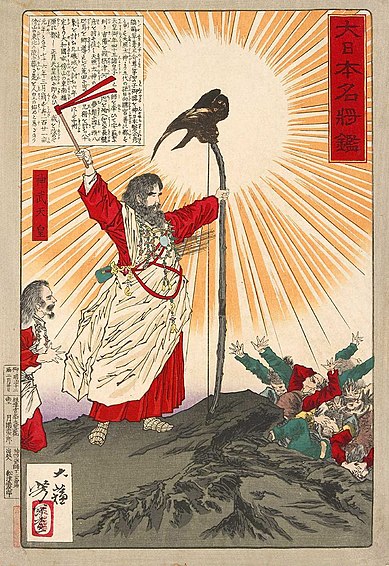


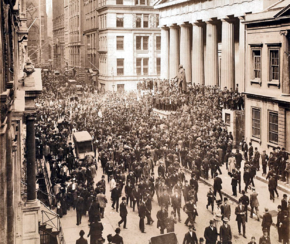

.svg/140px-Great_Seal_of_the_United_States_(obverse).svg.png)






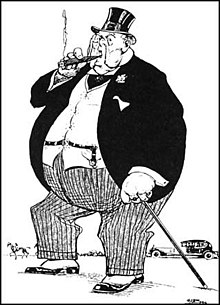
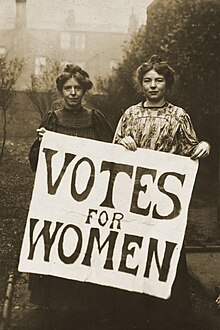


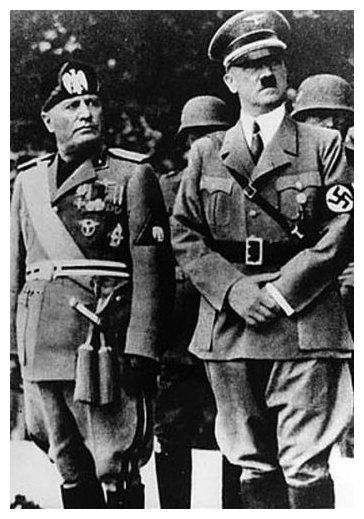 Adolph
Hitler
used German hatred caused by excessive WW I reparations and a long post WW1 economic depression
to take political control of Germany. He created a strong nationalist
government modeled after Mussolini's Fascisms. Using terror to take
control of a weak unpopular government, Hitler using loans from bankers
world-wide plus
confiscated wealth to begin a military build-up. Russia uses
propaganda to spread its form of socialism ideology called Communism. It required
revolution rather than evolution. The
Adolph
Hitler
used German hatred caused by excessive WW I reparations and a long post WW1 economic depression
to take political control of Germany. He created a strong nationalist
government modeled after Mussolini's Fascisms. Using terror to take
control of a weak unpopular government, Hitler using loans from bankers
world-wide plus
confiscated wealth to begin a military build-up. Russia uses
propaganda to spread its form of socialism ideology called Communism. It required
revolution rather than evolution. The
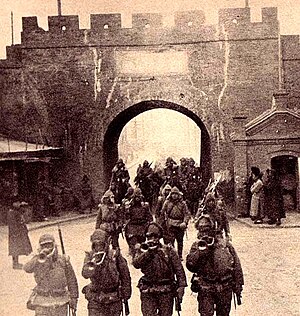



_burning_after_the_Japanese_attack_on_Pearl_Harbor_-_NARA_195617_-_Edit.jpg/220px-The_USS_Arizona_(BB-39)_burning_after_the_Japanese_attack_on_Pearl_Harbor_-_NARA_195617_-_Edit.jpg)
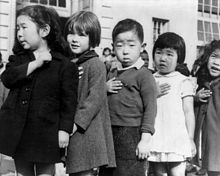
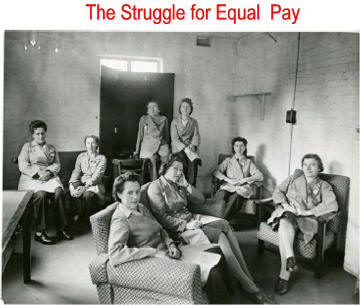




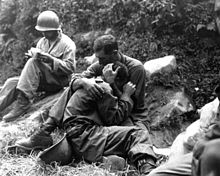
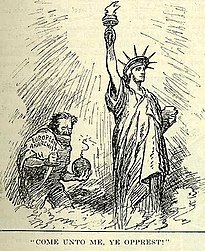
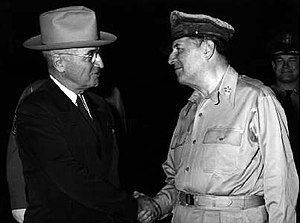
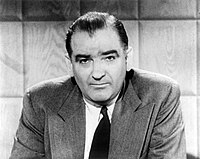
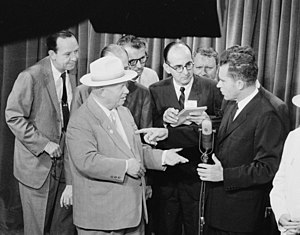








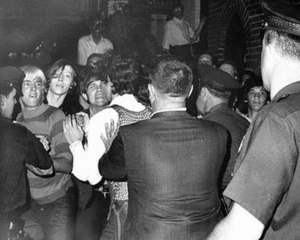
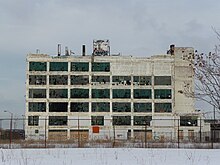



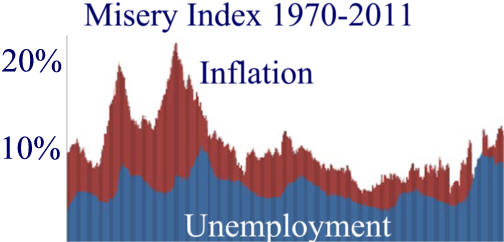

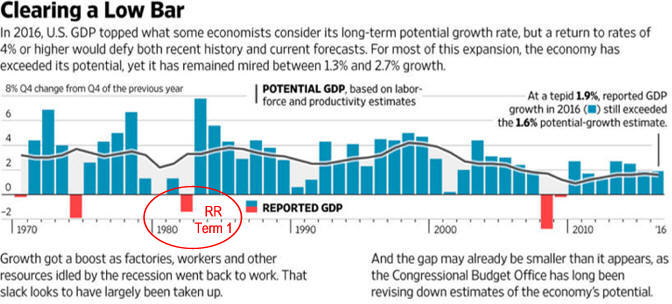
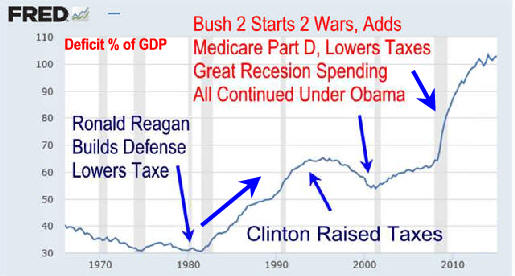

 Then a
Republican sponsored lower taxes and less government "
Then a
Republican sponsored lower taxes and less government "